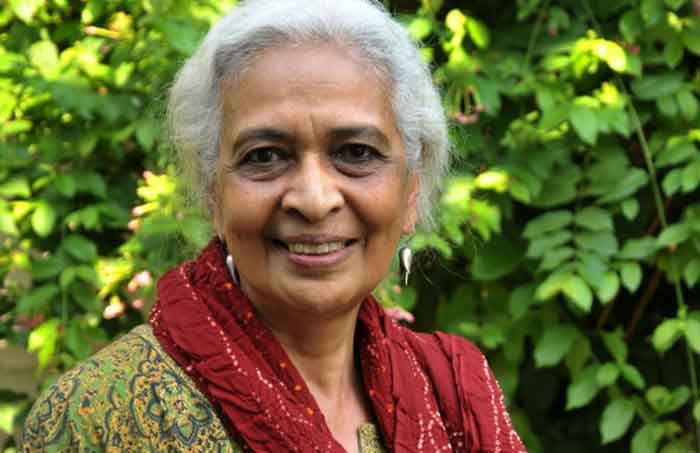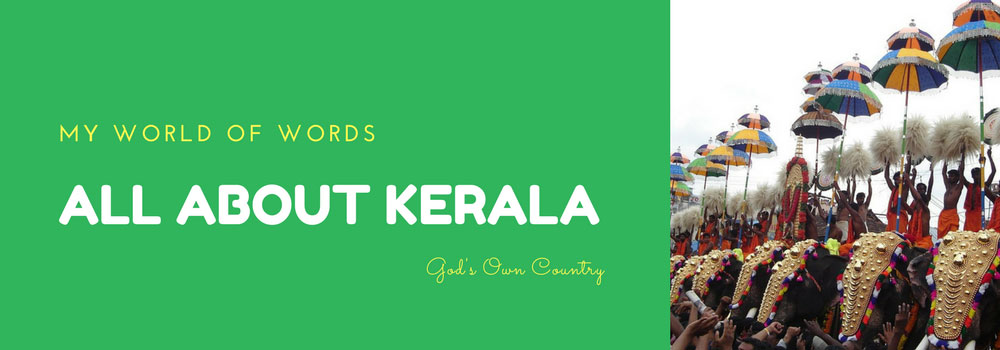Susie Tharu – Noted feminist and writer
Susie Tharu is an Indian writer, literary critic, feminist, and activist. Over the years she has worked towards the formation of several women’s activist organizations like Sthri Shakti Sangatana in 1978. She has always worked in the fields of violence against women or discrimination or injustice. She also worked towards the progress of Dalits and minorities, and has been involved with civil liberties and democratic rights groups.

Early Life of Susie Tharu
Susie Tharu was born to Malayali parents in Uganda on August 13, 1943. She owns Syrian Christian background. Her parents were part of the Indian diaspora community living in East Africa at that time when India was still under British colonial rule. Her family moved back to India when she was still young. But later Tharu spent much of her life in old Andhra Pradesh (which includes present Telangana too), where her academic and activist work would later take root. She studied English literature, which later helped her in specializing literary criticism, cultural studies, and feminist theory. She has been exposed to both Western education and Indian traditions.
She worked at English and Foreign Languages University (EFLU) in Hyderabad as a professor
After completing her college studies, she started her career as a lecture. She retired as professor from EFLU, Hyderabad. Her journey as an activist, feminist and writer flourished along with it. She also taught in the Department of Humanities and Social Sciences at IIT Delhi and Kanpur. She became a member of the executive committee for Anveshi, an Indian research group dedicated to feminist-theory. She served on the Board of Advisors for The Feminist Press, where she was also a publisher. Along with it she worked in various organizations associated with women empowerment.
Susie Tharu’s key contributions
She co-edited the landmark anthology “Women Writing in India” (Vol. I & II) along with K. Lalita. She has co-edited many books focussing women empowerment. Apart from weaker women sections, she also has written and spoken extensively about Dalit and subaltern voices. She was instrumental in shaping the Centre for Women’s Studies, at EFLU in Hyderabad where she retired as a professor.














Recent Comments